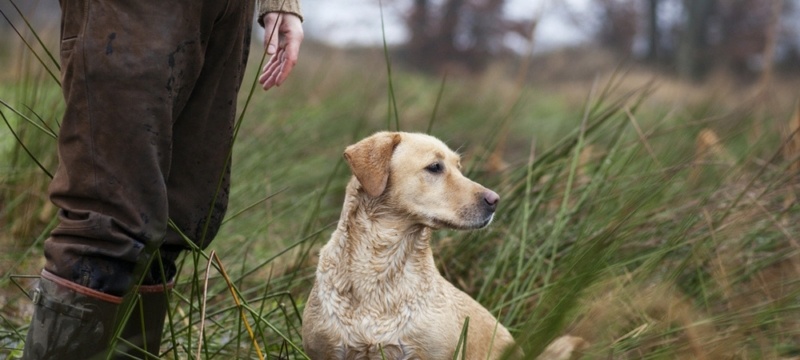In some locations, allowing someone to hunt on your land requires none of the licenses or permits that being allowed to hunt does; in fact, in some places all that’s legally required is the landowner’s permission. But permitting others to hunt on your land can carry liability risks that a simple insurance policy can help protect against.
Though hunting is often associated with the idea of free and wild land, in some locations, there is in fact a relatively small amount of public hunting grounds. Depending on the region, almost all of the local available hunting grounds may be leased from private owners.
“Any landowner who offers their land to be used by hunters must protect themselves with a separate hunting lease liability policy,” says Sean Ferbrache, chief operating officer of the American Hunting Lease Association. Hunting lease liability insurance is a multipronged policy that covers both landowners and hunters.
While homeowners insurance typically covers injury and damaged sustained by someone hunting on their own property, the rules change as soon as a homeowner allows others to hunt on his or her land. Homeowners insurance often covers a guest invited to hunt with the landowner, but even a personal invitation triggers an automatic legal expectation of safety, says Ferbrache. Landowners can be and have been sued successfully by people they invited on to their property, he notes.
Homeowner’s insurance coverage typically does not apply when someone charges a fee to hunt on their land, necessitating both a hunting lease and hunting lease insurance. The insurance includes liability coverage, as well as coverage for medical expenses and property damage, including fire.
“So, a landowner is protected from lawsuits resulting from any injury suffered on their property that they could be found legally liable for, and the hunters are covered against damages they may cause to the landowner’s personal property while hunting,” Ferbrache says.
Policies also typically cover liability for common equipment like tree stands and ATVs, which can cause injury or damage. Bankrate reports that insurance experts are seeing a sharp rise in claims related to injuries from ATVs in particular.
A landowner needs to have a hunting lease to purchase an active hunting lease liability policy, Ferbrache says.
“There must be a written agreement – a lease – between the landowner and the hunter or hunters,” he says. “It should be well thought out and include a list of all species to be hunted, the dates the lease is available, an agreed-upon price and any other requirements the landowner has of the hunters.”
While most insurance providers won’t ask for a copy of the lease to get insurance, it is essential if a claim is filed. Landowners should obtain a lease for each hunter or group and keep the document on file, Ferbrache says, and most insurance providers have a hunting lease template that can smooth the process for landowners.
The biggest risk a landowner can take, according to industry experts like Ferbrache, is assuming their homeowners insurance policy or a state liability waiver is enough to protect them and their families. Some states offer liability waivers to encourage landowners to allow hunting on their land, even for a fee. Ferbrache warns that while hunters may have signed liability waivers, their spouses likely have not, and a spouse suddenly faced with being the family’s sole breadwinner may decide they have few better options than to sue the landowner.
“Although these types of waivers are a good idea, they simply can’t go far enough to really protect the assets of a landowner,” he says.
Hunting carries serious risks and liabilities that hunters and landowners should address well before any hunt takes places. A simple hunting lease liability policy allows landowners to better ensure their own protection while still letting hunters and hunting clubs enjoy the land and the sport.






